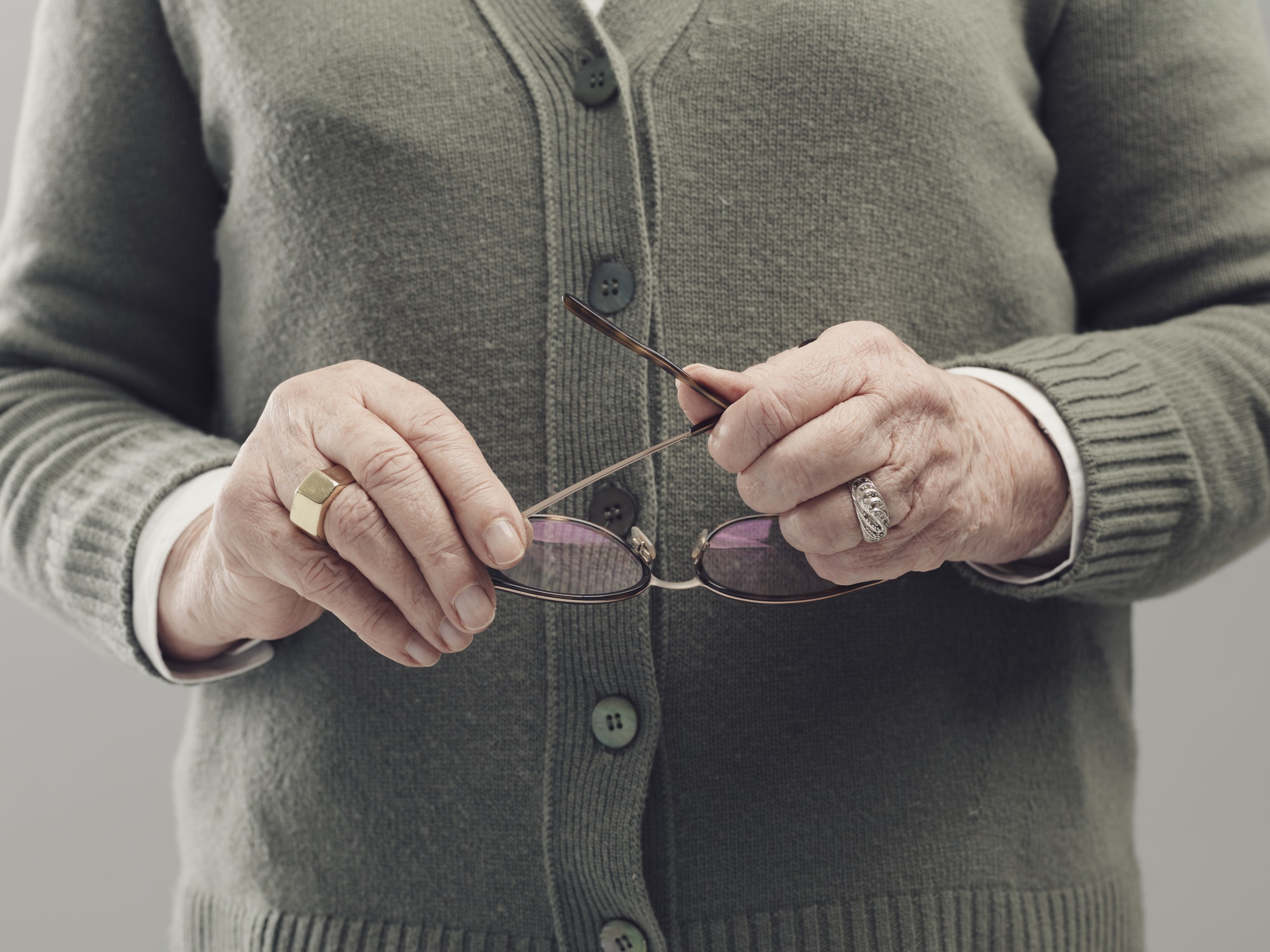New Delhi: We’ve all battled with a lid that just won’t budge. Maybe we tried banging it on the counter or holding it under hot water, and if all else failed, we probably asked someone for help. When they opened it on the first try, we joked that we loosened it for them.
Ageing
Over the years, it might start to feel like these stubborn lids are getting stronger – and more common. You may find yourself more tired after a day of balancing home and work – but for many people, the problem is that their hands and bodies are simply getting weaker.
Could the status of your health lie in the palm of your hand? It may not be as simple as that – but the strength of your handgrip is a key way to determine your overall muscle strength.
“Muscle loss is the ageing factor that’s rarely discussed and people accept its signs, such as a weaker handgrip, as a natural part of ageing,” explains Dr Ganesh Kadhe, Associate Director Medical and Scientific Affairs at Abbott Nutrition. “But muscle health can often tell us how we are going to age, and stay active and independent.”
Muscle mass and your health
Starting at age 40, adults can lose up to 8 percent of their muscle mass per decade. After 70 years old, that rate may double.
According to research in the Journal of Cachexia, Sarcopenia and Muscle, 50 percent of adults over the age of 80 have advanced muscle loss, known by the medical community as sarcopenia. Kadhe explains that muscle loss can impact our energy levels and mobility, increase risk for falls and fractures, and even slow recovery from illness or surgery.
The good news is that grip strength is an easy way to assess your overall muscular strength. In 2015, The Lancet published research and found that grip strength is more accurate than blood pressure in forecasting fatal heart disease, and a 2017 Current Opinion in Clinical Nutrition and Metabolic Care study concluded that muscle mass is a far better predictor of health than body mass index.
Watch out
The signs of muscle loss are low energy, slower walking speed, decreased strength, unintentional weight loss, fatigue and weakness.

